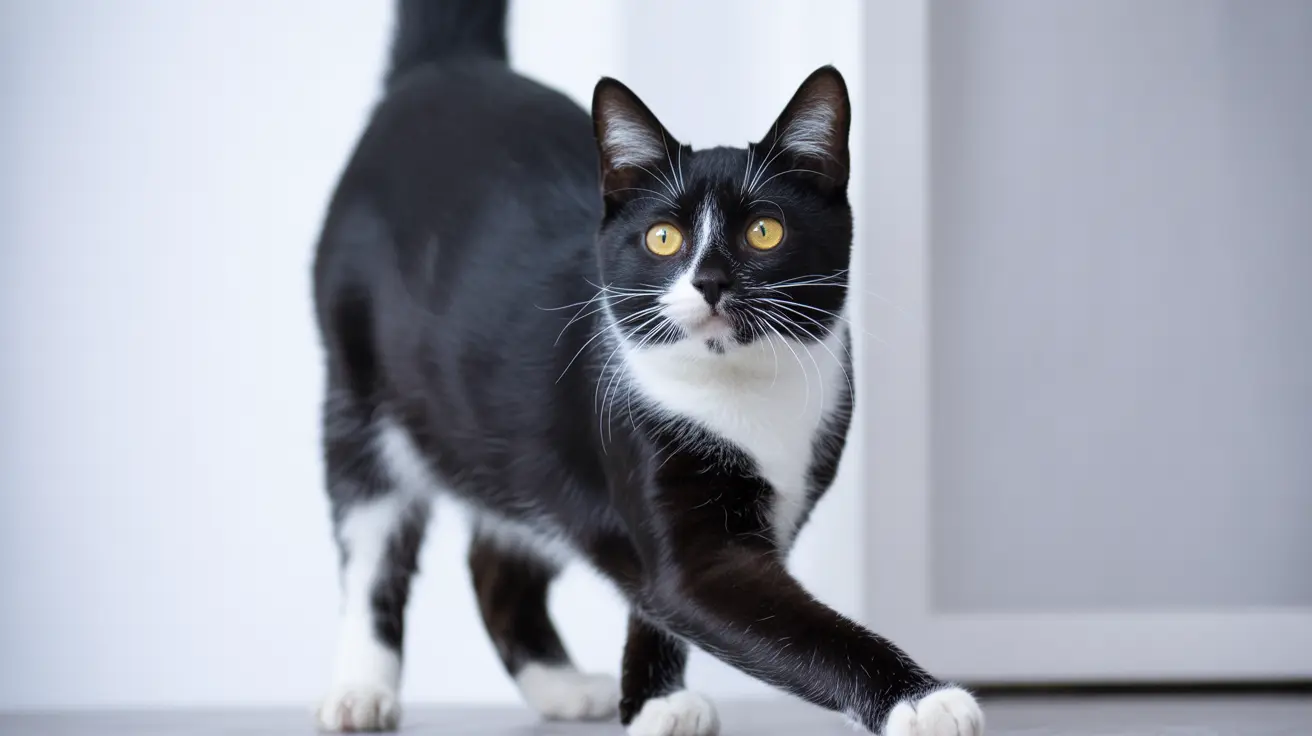How Long Will My Indoor Cat Live? Understanding Cat Lifespan
Cats have long been cherished companions due to their affectionate nature, independence, and unique personalities. For pet owners, one question often comes to mind:
how long will my indoor cat live? Understanding the lifespan of cats—and what factors contribute to their longevity—can help you provide them with the healthiest, happiest life possible.
Average Lifespan of Indoor Cats
Indoor cats live significantly longer than their outdoor counterparts. On average, an indoor cat will live anywhere from
12 to 18 years. It's not uncommon, however, for some to reach their early 20s, especially with high-quality care.
Why Do Indoor Cats Live Longer?
There are several reasons indoor cats tend to outlive outdoor ones:
- Lower risk of accidents: Indoor cats aren’t exposed to cars, predators, or fights with other animals.
- Controlled diet and environment: Pet owners can better manage their indoor cat’s nutrition and living conditions.
- Regular veterinary care: Indoor cats typically receive more frequent and thorough medical attention.
- Protection from disease: Being indoors limits exposure to parasites and contagious feline infections.
Factors That Influence Your Indoor Cat’s Lifespan
Even within the safe confines of your home, several elements affect your cat’s longevity:
- Breed: Some breeds, like Siamese or Ragdolls, are known for their longevity.
- Genetics: Hereditary health issues can affect lifespan, though early detection helps manage risks.
- Diet: A balanced, species-appropriate diet supports a healthy weight and organ function.
- Spaying/Neutering: Fixed cats avoid certain cancers and show fewer behavioral problems that could lead to injury.
- Activity Level: Regular play and engagement prevent obesity and improve mental health.
- Veterinary Care: Routine checkups, vaccinations, and dental hygiene are essential for long-term health.
Signs of Aging in Indoor Cats
As your cat enters their senior years—usually around age 10—you may notice changes that require careful monitoring:
- Decreased activity or mobility
- Changes in appetite and weight
- Increased thirst or urination
- Confusion or disorientation
- Changes in grooming habits or coat quality
Regular vet visits become even more important at this stage to detect and manage age-related conditions like arthritis or kidney disease.
Tips to Extend Your Cat’s Life
While genetics may set the foundation, your care can significantly boost your cat’s lifespan:
- Feed a high-quality diet: Choose food with proper nutrients tailored to your cat’s life stage.
- Provide enrichment: Toys, climbing trees, and interactive games keep both body and brain active.
- Maintain a healthy weight: Obesity leads to diabetes, joint issues, and other health concerns.
- Keep them indoors: Even a secure backyard poses threats. An enclosed catio may be a safer compromise.
- Stay current on veterinary care: Annual exams and preventive care can catch issues early.
When to Let Go: Quality of Life Considerations
When cats reach their twilight years, it’s crucial to focus on their
quality of life. Indicators that it may be time to consider humane euthanasia include chronic pain, inability to eat, or distress that cannot be alleviated.
Veterinarians can guide you through this difficult yet compassionate decision, ensuring your cat's final days are comfortable and peaceful.
Conclusion
Indoor cats have the potential for remarkably long, healthy lives. By providing
nutritious food,
mental and physical stimulation, and
veterinary support, you can significantly improve both the quality and length of your feline friend’s life. With attentive care, it’s entirely possible your indoor cat will be a loving companion for two decades or more.





